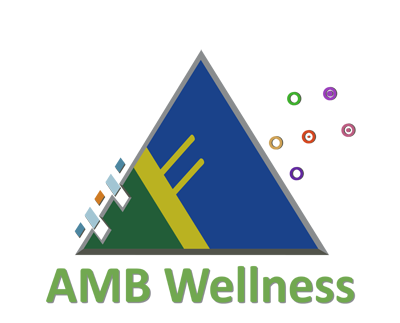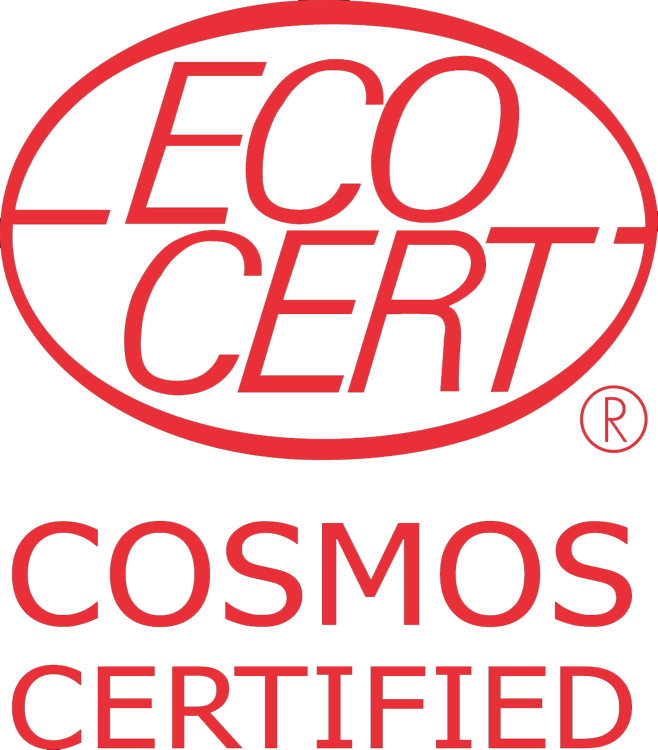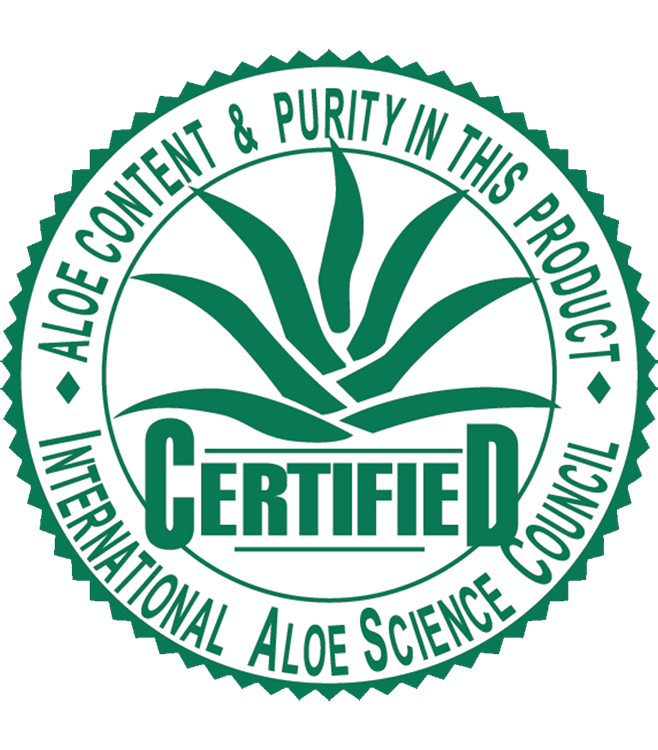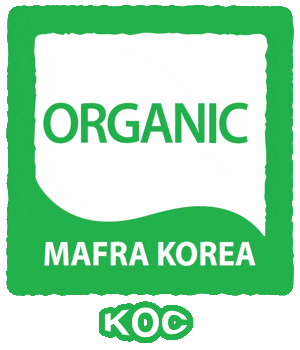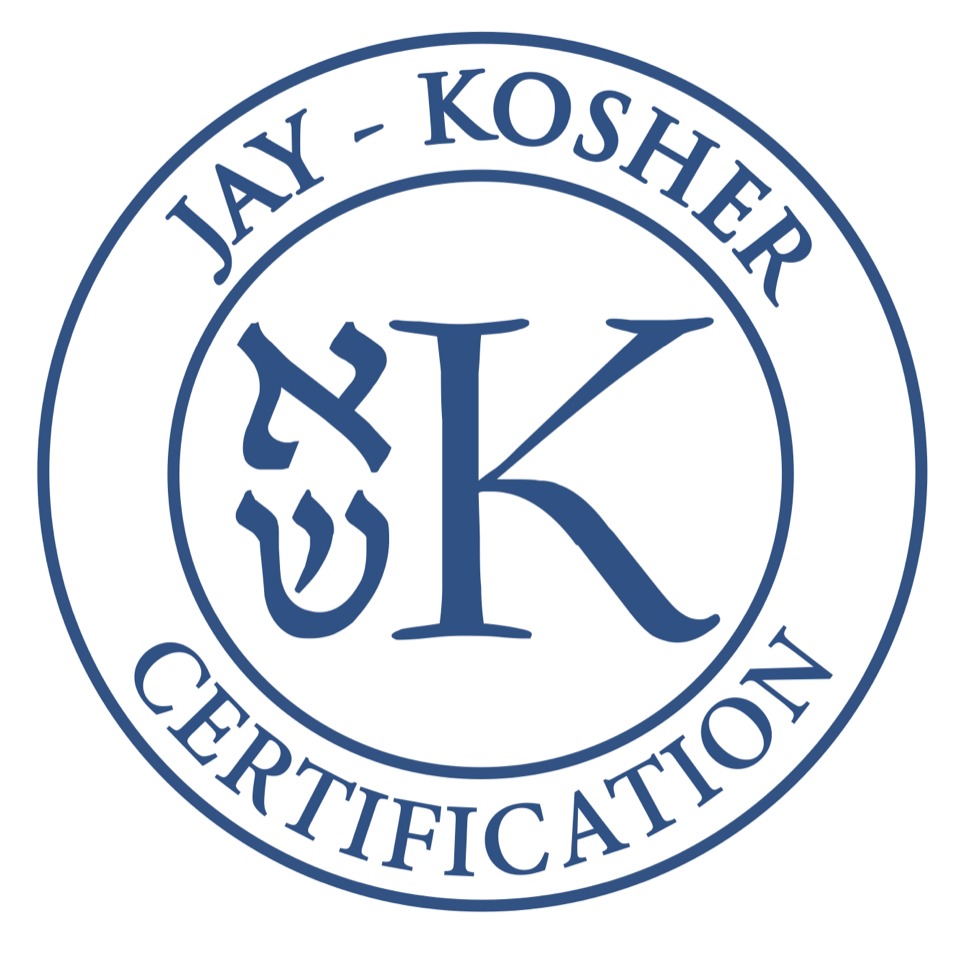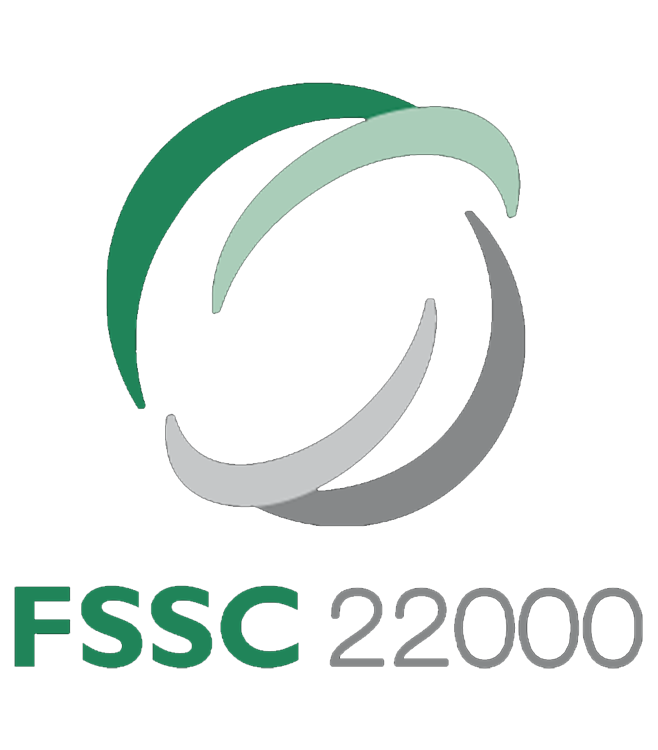FSSC 22000 Certification
Take a deeper look into the worldwide certifications that make our aloe vera a first class product
FSSC 22000 Certification
Unlocking the Benefits of FSSC 22000 Certification for Aloe Vera Product Manufacturers
Unlocking the benefits of FSSC 22000 certification is crucial for aloe vera product manufacturers aiming to meet stringent food safety standards and enhance their market reputation. In an industry where consumer trust and regulatory compliance are paramount, obtaining this certification ensures the highest levels of quality and safety for aloe vera-based products, from gels and concentrates to dietary supplements and personal care items. This certification not only supports adherence to global food safety requirements but also unlocks new market opportunities and fosters consumer confidence. In this document, we will explore the key advantages of FSSC 22000 certification and how it can elevate the standards and success of aloe vera product manufacturers.
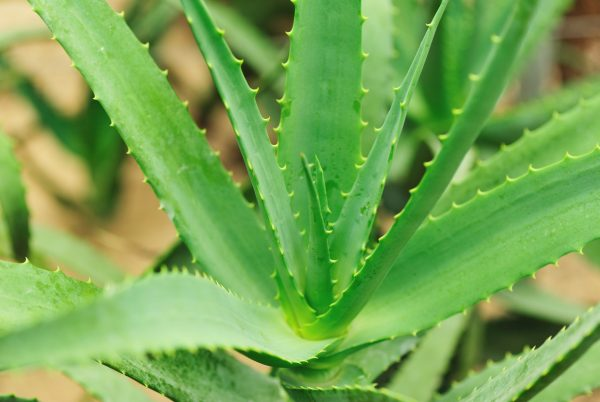
Introduction to FSSC 22000 Certification
Basics of Food Safety Certifications
Food safety certifications are essential for maintaining the highest standards of hygiene and quality in the food industry. These certifications, such as FSSC 22000, are designed to ensure that food products are safe for consumption and free from contaminants. They cover various aspects of food production, including sourcing of raw materials, manufacturing processes, and distribution. By adhering to these standards, businesses can minimize risks associated with foodborne illnesses and contamination. For aloe vera product manufacturers, obtaining a food safety certification is particularly important due to the natural and organic nature of their products. Such certifications not only help in meeting regulatory requirements but also build consumer trust. They signify a commitment to quality and safety, making products more attractive to both retailers and end consumers. Overall, food safety certifications are a vital component in the food industry’s efforts to protect public health and ensure product integrity.
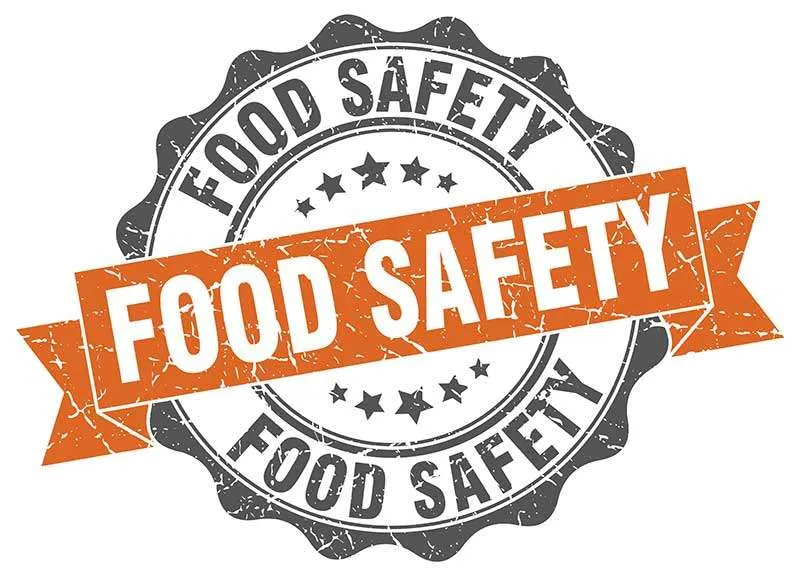
What is FSSC 22000 Certification?
FSSC 22000 Certification is a comprehensive food safety management system designed to ensure the safety and quality of food products across the supply chain. Developed by the Foundation for Food Safety Certification, it is based on ISO 22000 standards and includes additional requirements specific to food safety. This certification integrates Hazard Analysis and Critical Control Points (HACCP) principles and Good Manufacturing Practices (GMP), making it one of the most rigorous food safety standards globally. For aloe vera product manufacturers, achieving FSSC 22000 Certification demonstrates a commitment to maintaining high safety and quality standards. It involves thorough audits and assessments of the entire production process, from raw material sourcing to final product distribution. By obtaining this certification, manufacturers can enhance their credibility, reduce risks of contamination, and meet international regulatory requirements. Ultimately, FSSC 22000 Certification helps aloe vera product manufacturers build consumer trust and expand their market reach.
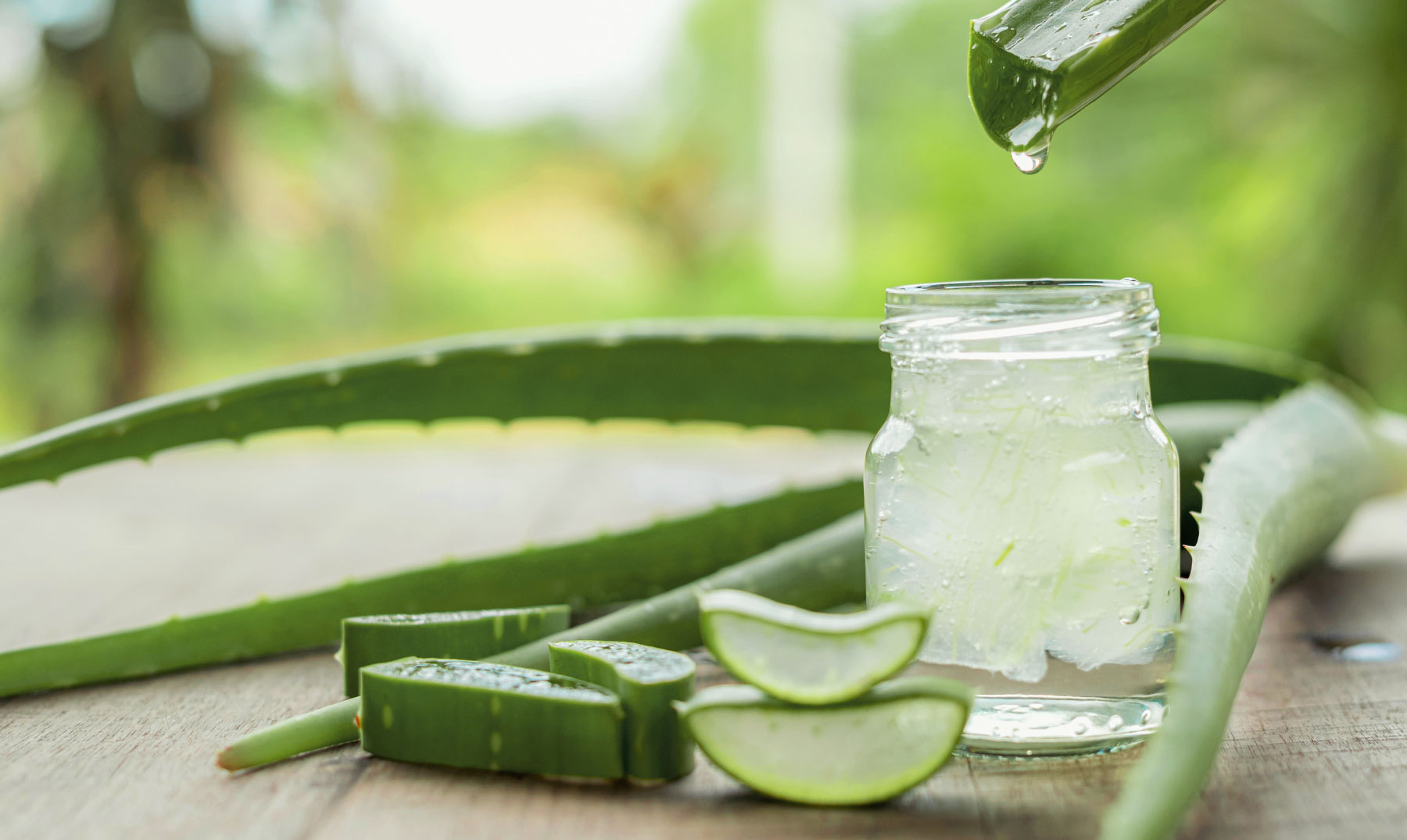
Understanding the Certification Process
The FSSC 22000 certification process involves several critical steps to ensure comprehensive food safety management. Initially, the organization must conduct a gap analysis to identify areas that require improvement to meet FSSC 22000 standards. This is followed by the development and implementation of a robust food safety management system (FSMS) that includes documented procedures, risk assessments, and control measures.
Once the FSMS is in place, the organization undergoes a thorough internal audit to verify compliance with the certification requirements. Following this, a certified external auditor from an accredited certification body conducts an on-site audit, reviewing the entire production process, from raw material sourcing to product distribution.
The auditor evaluates compliance with FSSC 22000 standards and identifies any non-conformities. If the organization successfully meets the criteria, it is awarded the FSSC 22000 certification. Regular surveillance audits are conducted to ensure ongoing compliance and continuous improvement.
Key Benefits of FSSC 22000 Certification
Ensuring Consumer Health and Safety
One of the primary advantages of FSSC 22000 certification is its focus on ensuring consumer health and safety. This certification mandates stringent food safety management practices that significantly reduce the risk of contamination and foodborne illnesses. For aloe vera product manufacturers, adhering to these rigorous standards means that every stage of production, from raw material selection to the final product, is meticulously monitored and controlled. This comprehensive approach helps in identifying potential hazards early and implementing corrective measures promptly. Consequently, products reaching the market are of the highest safety and quality, thereby protecting consumers from potential health risks. Moreover, maintaining high food safety standards fosters consumer trust and loyalty, as customers are more likely to purchase products that are certified safe. Ultimately, ensuring consumer health and safety through FSSC 22000 certification not only meets regulatory requirements but also enhances brand reputation and market competitiveness.

Meeting Regulatory Requirements
Meeting regulatory requirements is a crucial aspect of the FSSC 22000 certification. This certification aligns with international food safety standards, ensuring that aloe vera product manufacturers comply with global regulatory mandates. Different countries have varying food safety regulations, and adherence to FSSC 22000 helps businesses navigate these complexities effectively. By implementing a certified food safety management system, manufacturers can demonstrate their commitment to meeting legal and regulatory obligations. This certification involves thorough documentation, regular audits, and continuous monitoring, all of which contribute to maintaining compliance with local and international food safety laws. For aloe vera product manufacturers, this means reduced risk of regulatory penalties, recalls, and legal issues. Additionally, compliance with FSSC 22000 standards facilitates smoother market entry and acceptance in different regions, broadening the scope for business expansion. Ultimately, meeting regulatory requirements through FSSC 22000 certification helps ensure the long-term viability and success of aloe vera product manufacturers.
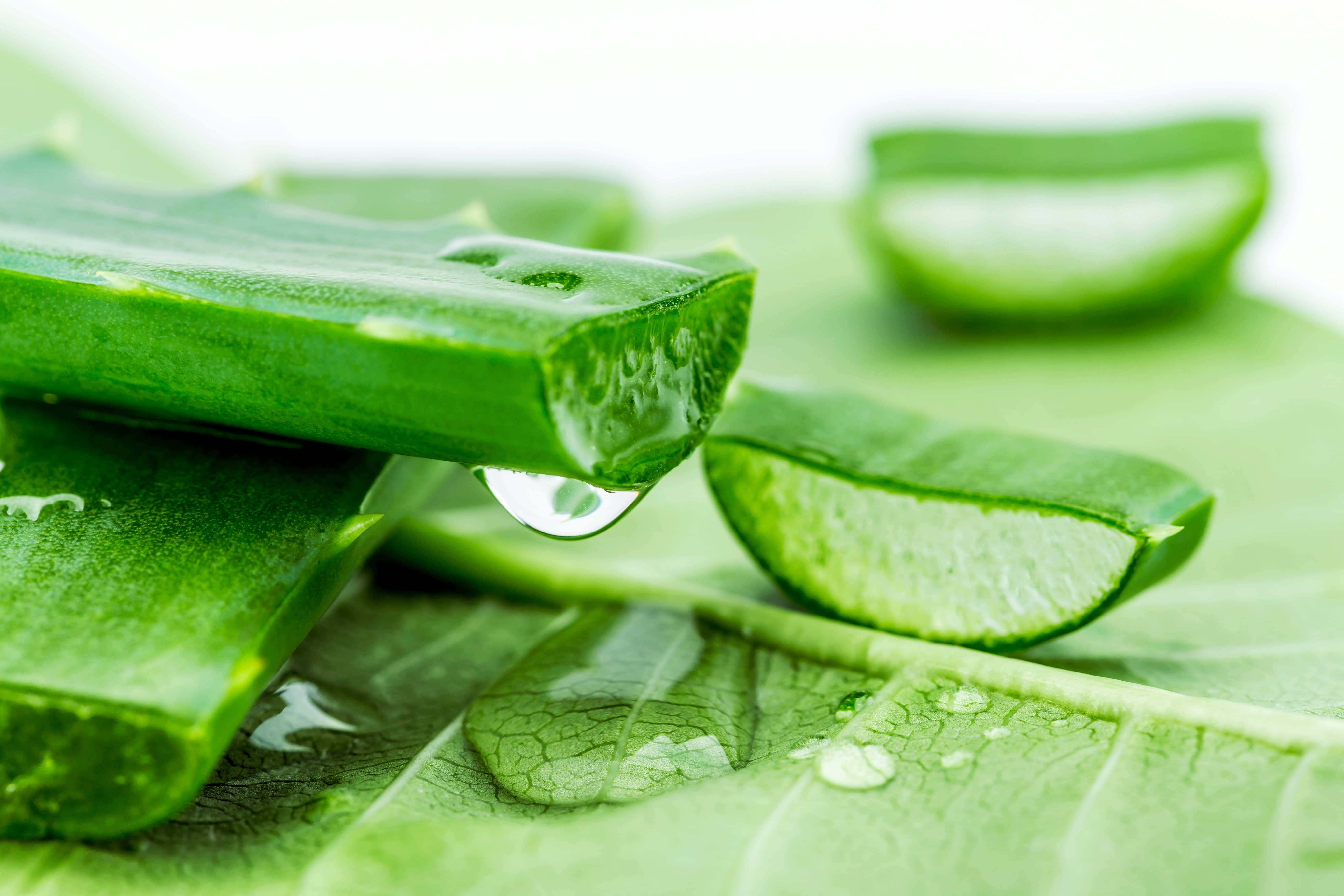
Enhancing Brand Reputation
Achieving FSSC 22000 certification can significantly enhance a brand’s reputation within the competitive market of aloe vera products. This certification serves as a mark of excellence, indicating that a manufacturer upholds the highest standards of food safety and quality. For consumers, retailers, and business partners, an FSSC 22000 certified label instills confidence and trust, making the products more appealing and reliable. In an industry where product integrity and consumer safety are paramount, certification distinguishes a brand from its competitors. It demonstrates a proactive commitment to continuous improvement and adherence to best practices, which can lead to stronger customer loyalty and increased market share. Moreover, an enhanced brand reputation can open doors to new business opportunities, including partnerships with premium retailers and entry into more regulated markets. Ultimately, FSSC 22000 certification not only fortifies consumer trust but also positions a brand as a leader in food safety and quality.

Steps to Achieve FSSC 22000 Certification
Preparing for Certification
Preparation is a critical first step in achieving FSSC 22000 certification. For aloe vera product manufacturers, this involves conducting a thorough gap analysis to evaluate current practices against FSSC 22000 requirements. Identifying gaps helps in understanding the areas that need improvement. Next, it is essential to develop a detailed implementation plan that outlines the necessary steps, resources, and timelines. Training staff on FSSC 22000 standards and food safety principles is also crucial, as it ensures everyone is aligned with the certification objectives.
Documenting all processes, procedures, and policies related to food safety management is another key aspect of preparation. This documentation serves as a reference during internal and external audits. Additionally, conducting mock audits can help in identifying potential non-conformities and addressing them proactively. Engaging with a consultant who specializes in FSSC 22000 can provide valuable insights and guidance throughout the preparation phase, ensuring a smoother path to certification.

Implementing the Certification System
Implementing the FSSC 22000 certification system involves integrating the established food safety management system (FSMS) into daily operations. For aloe vera product manufacturers, this means translating documented procedures into actionable practices across all levels of production. Begin by assigning specific roles and responsibilities to ensure accountability and adherence to the new system. Conduct regular training sessions to keep staff informed and competent in executing food safety protocols.
Implement robust monitoring and control measures to track compliance with FSSC 22000 standards. This includes setting up critical control points (CCPs) and conducting routine inspections and audits to verify that all processes are in line with the certification requirements. Utilize technology for real-time data collection and analysis, aiding in prompt identification of deviations and quick corrective actions.
Continuous improvement is a cornerstone of FSSC 22000. Regularly review and update the FSMS to adapt to new regulations, industry standards, and technological advancements, ensuring ongoing compliance and enhanced food safety.
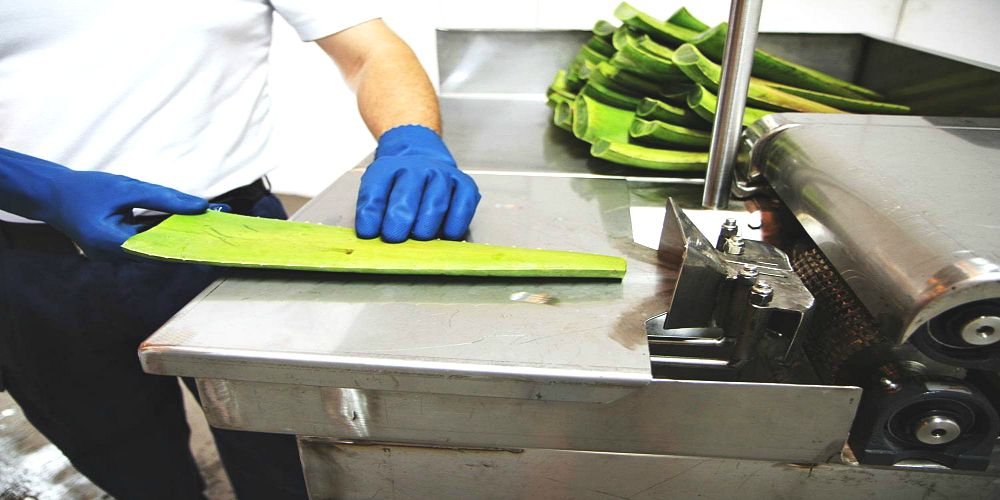
Maintaining Compliance and Standards
Maintaining compliance and upholding the standards of FSSC 22000 certification is an ongoing commitment. For aloe vera product manufacturers, this involves regular monitoring, auditing, and updating of the food safety management system (FSMS). Conduct internal audits periodically to ensure that all processes adhere to the certification standards and identify areas for improvement.
Stay informed about any changes in regulatory requirements and industry best practices to keep the FSMS current and effective. Continuous training and education for staff are vital to maintaining high standards and ensuring everyone understands their role in upholding food safety protocols.
Implement a robust corrective action plan to address non-conformities promptly. This not only helps in rectifying issues but also in preventing future occurrences. Regularly review and analyze data to track performance and make informed decisions.
Engage with certified external auditors for annual surveillance audits. These audits help verify ongoing compliance and demonstrate a steadfast commitment to food safety, ensuring that the certification remains valid and effective.

Comparison with Other Food Safety Certifications
Distinguishing Features of FSSC 22000
FSSC 22000 stands out among food safety certifications due to its comprehensive and integrative approach. It builds on ISO 22000 standards, incorporating additional requirements specific to food safety management. Unlike some other certifications, FSSC 22000 integrates Hazard Analysis and Critical Control Points (HACCP) and Good Manufacturing Practices (GMP), ensuring a robust framework for food safety.
One of the distinguishing features of FSSC 22000 is its global recognition and acceptance. This certification is endorsed by the Global Food Safety Initiative (GFSI), making it widely recognized by retailers, manufacturers, and regulators around the world. This global acceptance facilitates smoother market entry and compliance across different regions.
FSSC 22000 also emphasizes continuous improvement and adaptability. It requires regular audits and updates to the food safety management system, ensuring that certified organizations keep pace with evolving industry standards and regulations. This dynamic approach ensures that the certification maintains its relevance and effectiveness in safeguarding food safety.
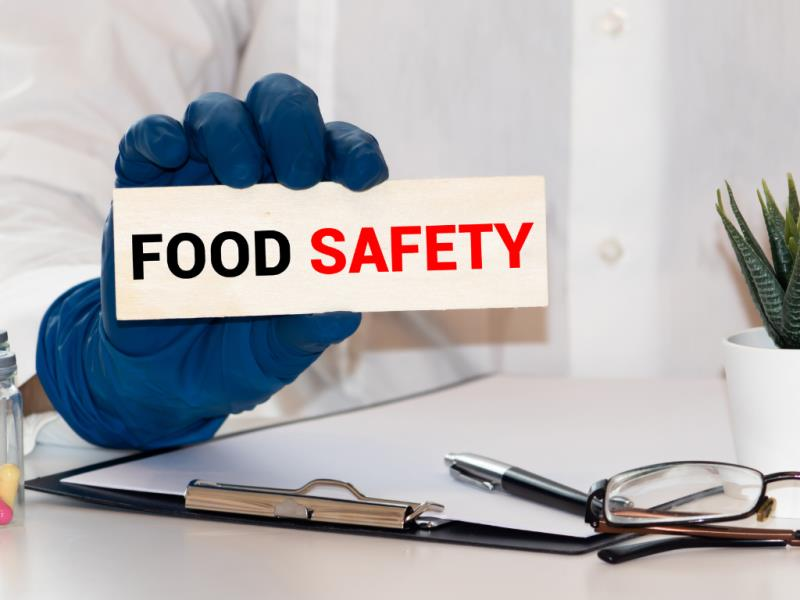
ISO 22000 vs. FSSC 22000
ISO 22000 and FSSC 22000 are both prominent food safety management systems, but they have key differences. ISO 22000 is a standard developed by the International Organization for Standardization (ISO) that outlines the requirements for a food safety management system based on HACCP principles. It provides a framework for managing food safety risks and ensuring the safety of food products.
FSSC 22000, on the other hand, builds upon ISO 22000 by incorporating additional requirements specific to food safety. It includes the ISO 22000 standard but adds sector-specific prerequisite programs (PRPs) and additional scheme requirements. This makes FSSC 22000 more comprehensive and tailored to the unique needs of different food industry sectors.
Moreover, FSSC 22000 is recognized by the Global Food Safety Initiative (GFSI), which gives it a broader acceptance in the global market compared to ISO 22000. For aloe vera product manufacturers, FSSC 22000 offers a more rigorous and widely recognized certification, ensuring higher standards of food safety and greater market acceptance.
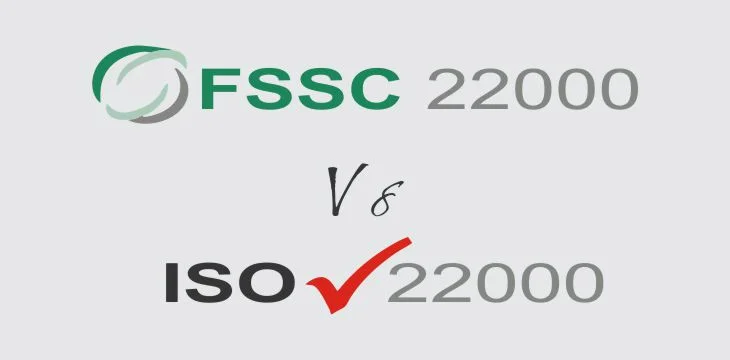
Advantages Over Traditional Safety Standards
FSSC 22000 offers several advantages over traditional food safety standards, making it a preferred choice for aloe vera product manufacturers. Traditional safety standards often focus on specific aspects of production, such as hygiene or quality control, but may lack a cohesive, all-encompassing approach. In contrast, FSSC 22000 provides a comprehensive framework that integrates Hazard Analysis and Critical Control Points (HACCP), Good Manufacturing Practices (GMP), and ISO 22000 requirements.
One significant advantage is its global recognition by the Global Food Safety Initiative (GFSI), which enhances market acceptance and credibility. This certification ensures that manufacturers meet international food safety regulations, facilitating easier market entry and expansion.
Another benefit is the emphasis on continuous improvement and adaptability. Regular audits and updates to the food safety management system ensure that manufacturers stay current with evolving standards and practices, maintaining high levels of safety and quality. This proactive approach helps in mitigating risks, reducing recalls, and fostering consumer trust.
Impact on Aloe Vera Product Manufacturers
Boosting Product Quality and Safety
FSSC 22000 certification plays a pivotal role in boosting product quality and safety for aloe vera product manufacturers. This certification mandates the implementation of rigorous food safety management systems that cover every aspect of production. By adhering to these standards, manufacturers can ensure that their aloe vera products, whether in the form of gels, concentrates, or supplements, meet the highest safety and quality benchmarks.
Implementing FSSC 22000 requires comprehensive risk assessments and the establishment of critical control points (CCPs) throughout the production process. This proactive approach helps in identifying potential hazards early and implementing effective measures to mitigate them. As a result, the end products are not only safe for consumption but also of superior quality.
Enhanced quality and safety lead to increased consumer trust and satisfaction, which are crucial for brand loyalty and market success. Ultimately, FSSC 22000 certification enables aloe vera product manufacturers to deliver products that consistently meet consumer expectations and regulatory requirements.

Gaining Consumer Trust and Confidence
Gaining consumer trust and confidence is a significant benefit of attaining FSSC 22000 certification for aloe vera product manufacturers. In a market where consumers are increasingly concerned about the quality and safety of the products they consume, certification serves as a powerful endorsement. It signals that a manufacturer adheres to stringent food safety standards and is committed to delivering safe, high-quality products.
For aloe vera products, which are often used in health, beauty, and wellness applications, this trust is paramount. Consumers need assurance that the products are free from contaminants and meet the highest safety criteria. FSSC 22000 certification provides this assurance, fostering greater consumer confidence.
Moreover, a certified label can differentiate products in a crowded marketplace, making them more attractive to discerning consumers. This enhanced trust not only boosts brand reputation but also drives customer loyalty and repeat purchases. Ultimately, FSSC 22000 certification helps build a strong, trustworthy brand that consumers can rely on.

Expanding Market Opportunities
FSSC 22000 certification can significantly expand market opportunities for aloe vera product manufacturers. This globally recognized certification demonstrates compliance with the highest food safety standards, making products more appealing to a broader range of retailers and distributors. It opens doors to new markets, particularly those with stringent regulatory requirements, such as the European Union, North America, and other regions with rigorous food safety laws.
Having FSSC 22000 certification also enhances the credibility of aloe vera products, making them more attractive to high-end and health-conscious consumers. Retailers and business partners prefer to collaborate with certified manufacturers, knowing that their products meet international safety and quality standards.
Moreover, certification can facilitate entry into premium markets and niche segments, such as organic, natural, or health-focused products. By meeting these higher standards, manufacturers can differentiate their products, command premium pricing, and build a loyal customer base. Ultimately, FSSC 22000 certification broadens market reach and drives business growth.

FSSC 22000 Certification: Elevating Aloe Vera Excellence Worldwide
Discover the global certifications that place our aloe vera products at the forefront of excellence.
FSSC 22000 Certification: A Testament to Superior Aloe Vera Safety and Quality
FSSC 22000 represents a globally recognized Food Safety Certification Scheme, grounded in the well-established ISO 22000 standard, and further enhanced by industry-specific technical standards. This scheme emphasizes proactive management in food manufacturing and packaging, steering food businesses toward minimizing any risk of compromised product safety.
Our aloe vera products are safeguarded by this comprehensive protocol, which prescribes stringent measures across the entirety of the supply chain—encompassing processing, manufacturing, and distribution. This ensures that each product we deliver upholds the highest safety standards, letting us fulfill our promise of excellence and integrity to every consumer.
The FSSC 22000 system forms a complete food safety certification framework for operators within the food sector. It is assembled on the foundational principles of ISO 22000, along with the technical specifications ISO/TS 22002-1 and ISO/TS 22002-4, and has received benchmarking from the Global Food Safety Initiative (GFSI). The certification is awarded by NSF International Strategic Registrations (NSF-ISR), under the accreditation of ISO/IEC 17021.
Tailored to certify food safety practices for businesses entrenched in the food supply arena—including those specializing in the processing and transportation of food items, animal feed, food additives, nutritional minerals, and bio-culture products—the FSSC 22000 lays down a clear road map for superior food safety systems.
Following the publication of ISO 22000:2018 on June 19, 2018, FSSC 22000 has seamlessly integrated these newfound elements into its Version 5 update, underscoring our continued dedication to excellence as this standard evolves.
Immerse yourself in the full scope of FSSC 22000’s impact on our aloe vera products and processes, and explore how our adherence to these rigorous safeguards reflects our unwavering commitment to quality and consumer trust:
Statements

Please contact us for a personalized statement for your company
